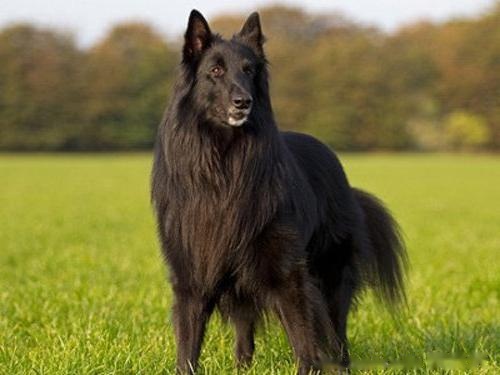Many novice owners don't know when their puppies should be vaccinated, and many owners don't know that dogs need vaccinations until long after they raise their dogs, so where do dogs usually go? Time to get vaccinated?

Hippaki
The so-called vaccine is a weakened virus (except for rabies vaccine, which is a fire-fighting vaccine). The immune response of the body causes the body to produce antibodies to prevent the invasion of the virus, thus creating resistance to the virus.
Schedule of vaccination:
Puppies receive their first vaccination 45 days after birth, followed by two additional doses for two consecutive months. Adult dogs should be vaccinated every year. Inoculation of maternal antibodies too early will neutralize the vaccine, affect the immune effect and consume antibodies, which will have the opposite effect, and too late will not ensure health.
Specific immunization schedule:
First multiple dose: 7th to 8th week after birth
The first Multiple injections of the second injection: 11 to 12 weeks after birth
Multiple injections of the third injection: 15 to 16 weeks after birth. At this time, the rabies vaccine can be injected together.
The Dutch Interway puppies double vaccine can be injected on the 28th day after birth before the first multiple vaccine.
The Lyme disease vaccine is recommended to be injected together with the second and third doses
The above injections should be boosted once a year after the injection (the specific immunization schedule depends on the vaccine used)
Notes for vaccination:
1. Please go to a regular pet hospital to be vaccinated by a professional veterinarian , Many non-professionals lack professional quality, and there are irregularities in the preservation and use of vaccines, which is easy to make the vaccine lose its immune effect.
2. Since the vaccine is attenuated, the dog can be immune under normal circumstances, but this is based on the fact that the dog is healthier. If the dog is immunocompromised or immunocompromised, the vaccine will not only fail to produce effective protection, but the original attenuated vaccine will even be resistant to strong treatment. Therefore, before vaccinating, the doctor needs to check the dog accordingly to ensure that your dog is healthy and then vaccinated.
3. Because pets have weak immunity in emergency situations, animals are not suitable for immunization vaccines under stress conditions. Changes in living environment or food can be a stress for puppies. Therefore, we will advocate vaccination after the dog is familiar with the new environment for half a month.
4. Antibody is an immunogenic globulin, and when the body is malnourished, such as vitamin A or E deficiency, it will also inhibit the body's normal protein synthesis, thereby reducing the immune response.
5. Because the immune ability of the body will first decline and then rise within a period of time after the dog is injected with the vaccine. In order to protect the health of pets, do not bathe the dog, change the environment or food, or take it out to play within a week after the injection. It is generally recommended to take it out for a walk after complete immunity.
6. Within three days after the injection of the vaccine, oral antibiotics, anthelmintics and other drugs may also lead to immune failure.
7. It is normal for dogs to experience elevated body temperature, mental depression, decreased appetite, pain and other problems after injection, and it will be fine in about 2 hours.
8. Vaccines may have allergies. Although the probability is very low, it is still possible. If there is itching all over the body and facial swelling, a desensitization injection is required, so after the vaccination, you need to observe the veterinary hospital for half an hour to ensure that you are all right before leaving. If you have a reaction in the short term, you should go to the doctor in time.
![[Dog Training 5] The training method of pet dog dining etiquette](/static/img/12192/12192_1.jpg)




